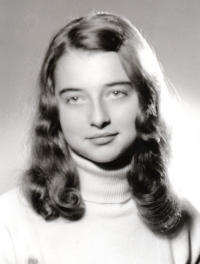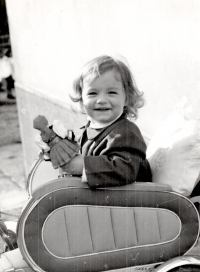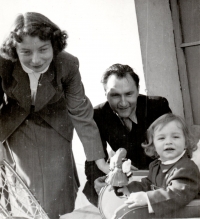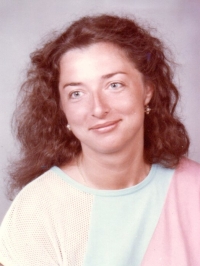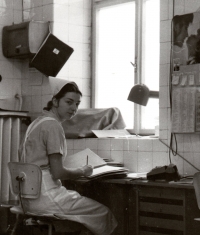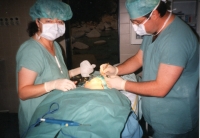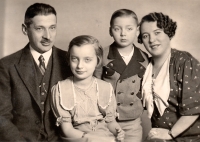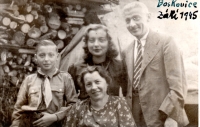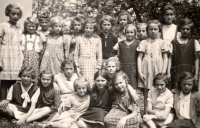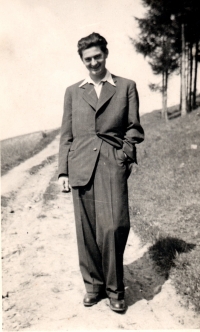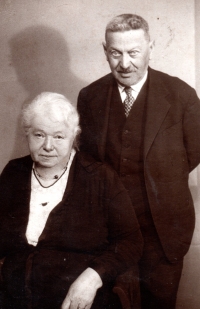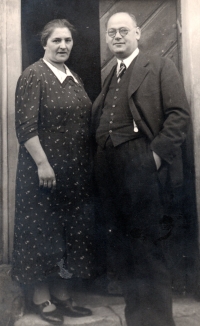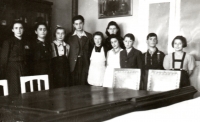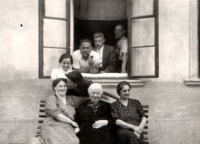It was an illusion to believe it does not affect me

Download image
Blanka Dvořáčková was born on July 24, 1954 in Boskovice as the only daughter of Eva and Eduard Dvořáček. In 1963, the family moved to Brno, where the father received a professorship at BUT at the Department of Languages. After graduating from primary school, she studied at the Matyáš Lerch Grammar School in Brno, where she successfully graduated in 1973. During adolescence, she gradually learned about the tragic fate of her mother’s relatives. The Grünwald Jewish family moved from Vienna to Boskovice in 1938 to escape the persecution of Jews in the Nazi Germany. Grandfather Leo Grünwald’s had six siblings who had families. His brother Siegfrid fled to England, David died before the war, but the other siblings Kamila, Mořic, Malvína and Armin, along with their families and their mother Terezie, perished in concentration camps throughout Europe. Mother Eva (originally Gertrude) and her father Leo were the only ones to return from the family, they were not transported to Terezín until the beginning of 1945. Until then, they were protected by the “mixed” marriage of Leo Grünwald. Even their parents never wanted to talk about what they had experienced. In 1968, Blanka Dvořáčková met with the occupying army and the whole family had a hard time bearing political developments in the following years. After graduating as a midwife, she worked for 20 years in a maternity hospital in Brno on the Grain Market and later in the operating room. She joined the Velvet Revolution in 1989 on the strike committee of the hospital, which she left in 1995 after disagreements with the leadership. In recent years, she has initiated the laying of the Stones of the Disappeared as a reminder of the Holocaust in several cities where her relatives lived. She is the co-author of several brochures on family relationships and has written an educational publication on cancer. In 2021, she took care of her 93-year-old mother, continued to work in health care and continued the initiative of laying the Stones of the Disappeared in Boskovice.
